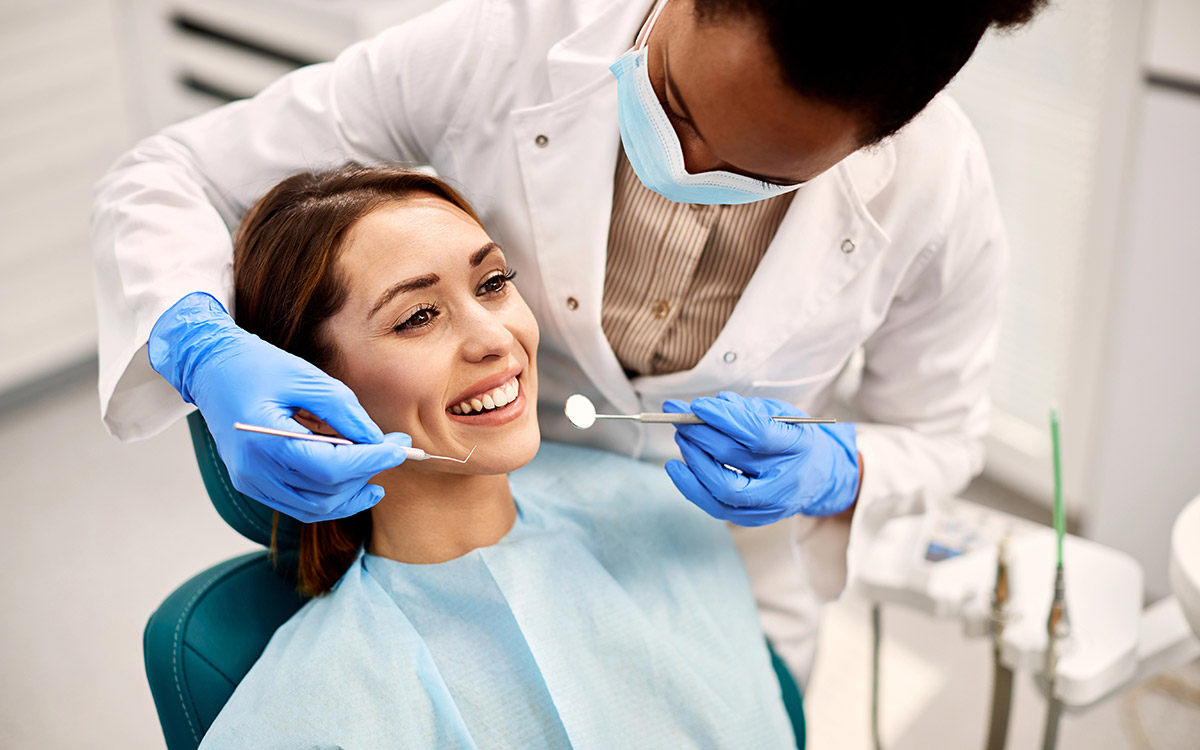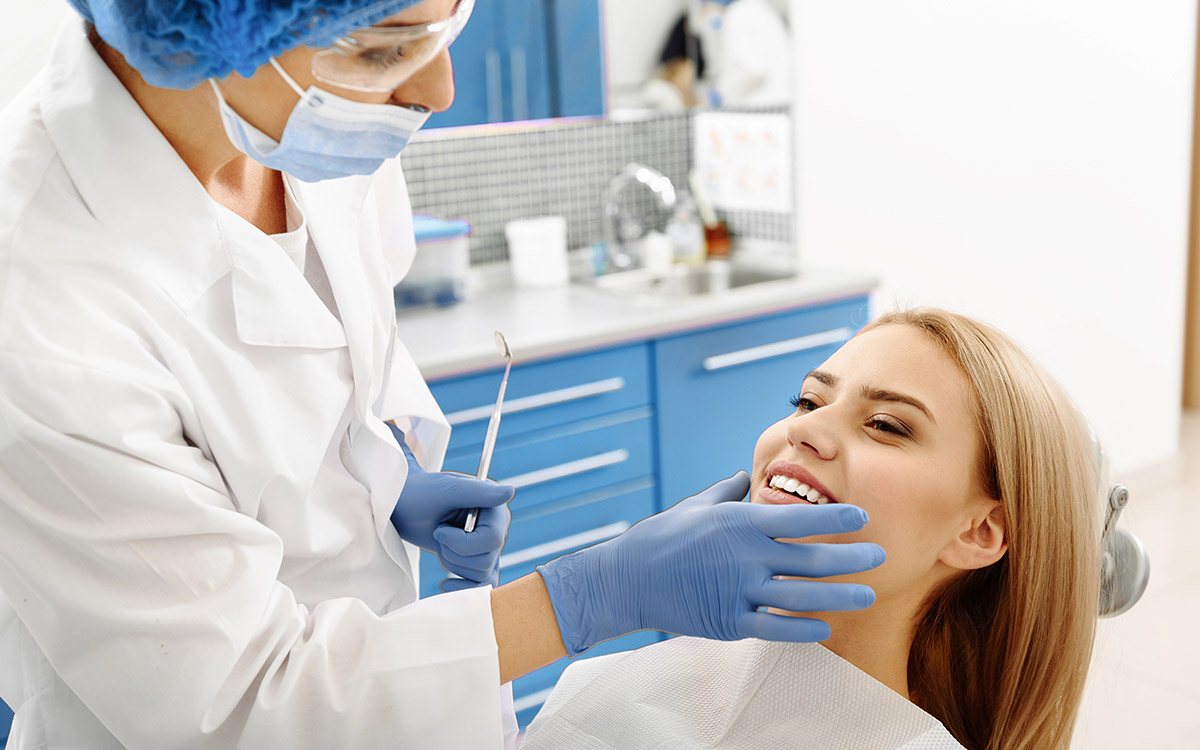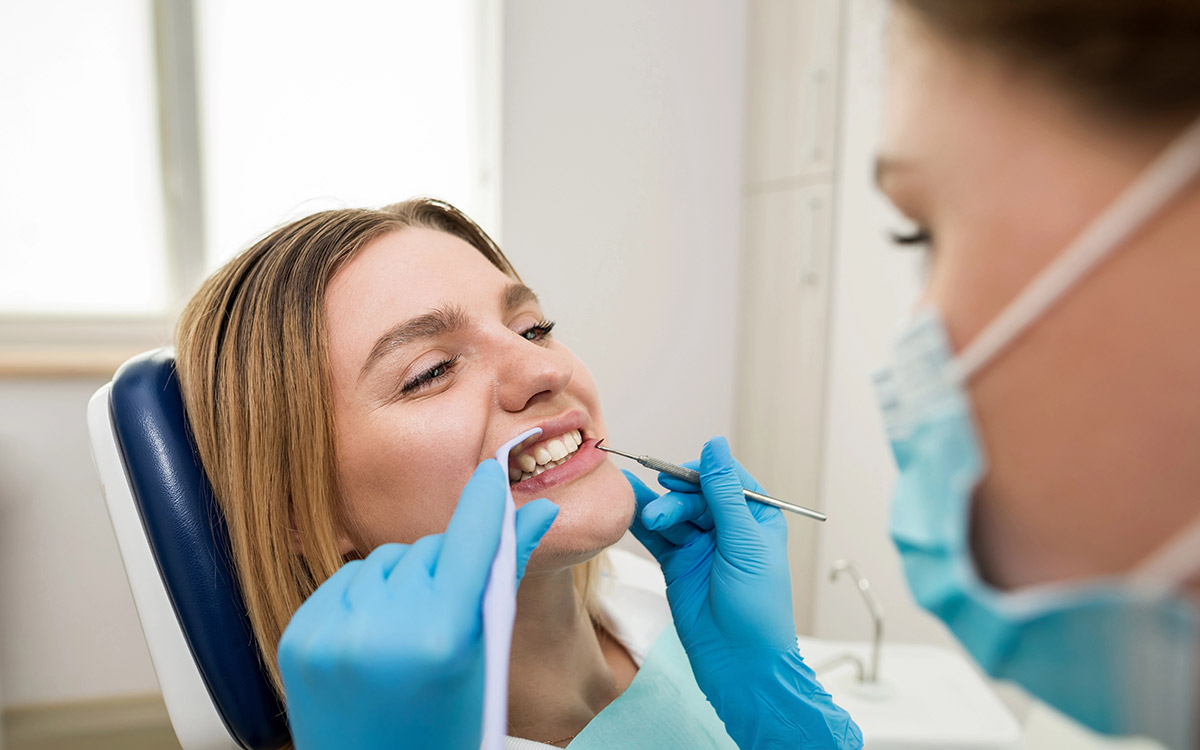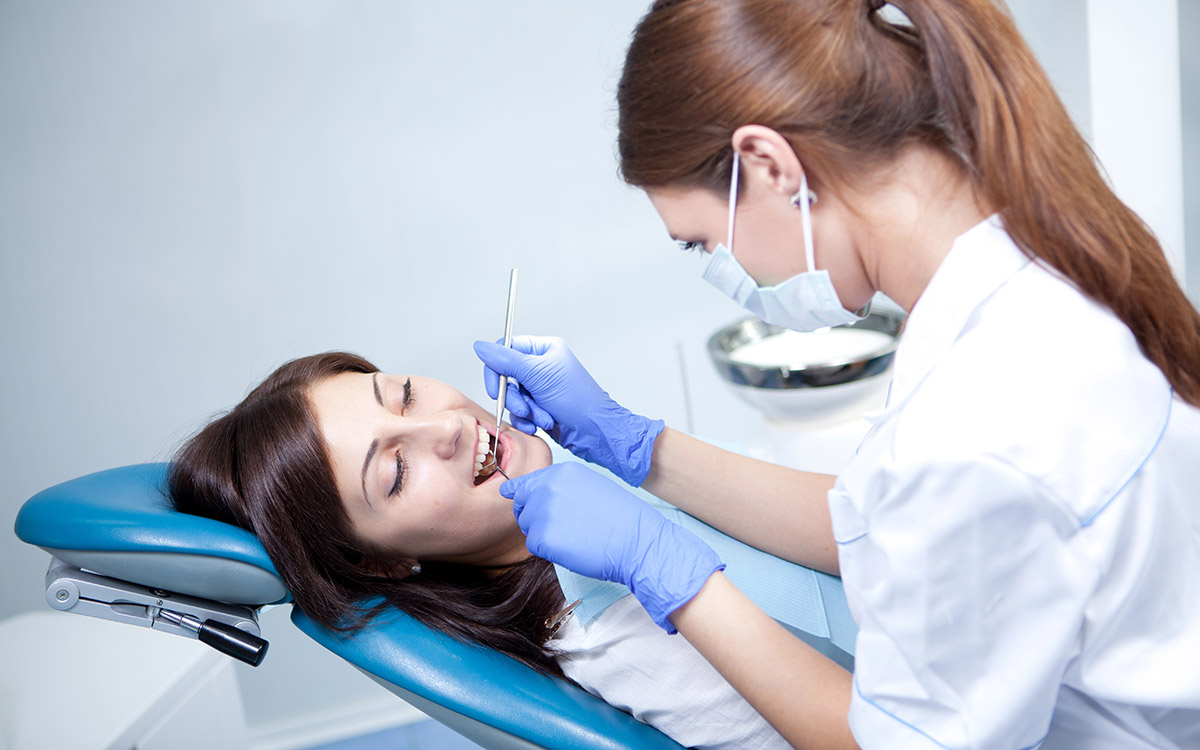Your mood, sex drive, and even weight are often at the mercy of your hormones if you are a woman. Hormonal changes can have adverse effects on the body, and these aspects are barely the surface of how far hormones can reach.
Did you know that your hormones can also affect your dental health? Most women do not know, even though it is a common occurrence.
But not to worry because that is about to change. The information below covers important parts of the topic, including the link between hormones and women’s oral health. It will also highlight the most common times a hormonal imbalance will affect your oral health.
The Link Between Hormones And Women’s Oral Health
The unique hormonal changes that women experience often create oral health problems due to increased sensitivity. It makes you more prone to gum diseases. This is because the imbalance of female hormones (estrogen and progesterone) will increase blood flow to the gums, making them more sensitive.
Therefore, they will react to anything that can irritate them, including plaque and bacteria around the gums. Normally, they would not cause any irritation, but imbalanced hormones increase sensitivity, making you more prone to bleeding, inflammation, and swelling along the gums.
This can develop into full-blown gingivitis without treatment triggering other complications. However, it is important to note that women are not constantly susceptible to oral health complications due to hormones. Studies show that it affects women during major hormonal changes.
When Do Hormonal Imbalances Affect a Woman’s Oral Health?
Usually, there are five major stages of a woman’s life when hormonal imbalances increase the chances of oral diseases; puberty, menstruation, using contraceptives, pregnancy, and menopause.
Puberty
The first hormonal shift in women occurs during puberty when the body produces large amounts of the female hormones estrogen and progesterone.
The sudden and raging influx of these hormones makes pubescent girls more prone to gingivitis. The increase in blood flow causes gum tissues to be tender, swollen, red, and more likely to bleed during brushing and flossing. Some teenagers will also develop canker sores, but they heal independently after some time.
Menstruation
The second instance where women are prone to oral disease due to hormonal changes is during monthly menstruation. Most women even notice changes in their mouths in the days leading up to their period.
During menstruation, there is an increase in progesterone which increases the chances of important oral changes. They manifest as bright swollen gums, canker sores, swollen salivary glands, and even bleeding from the gums during brushing or flossing.
These symptoms often occur a few days before your period starts. Similarly, they clear shortly after the period starts.
Using Contraceptives
Oral contraceptives can also increase the chances of gum disease. The oral contraceptives may contain progesterone which causes extreme sensitivity to the gums. The gums will react extremely to toxins produced by plaque.
Thus, a few months after starting birth control pills, you will notice brighter gums, which swell and sometimes bleed during brushing. However, recent birth control pills have lower concentrations of the hormones, lowering the risk of an inflammatory response.
On top of that, studies have shown that some synthetic estrogens in birth control pills can decrease natural estrogen levels. The decrease in natural estrogen leads to temporomandibular disorder, an oral complication.
The temporomandibular joint (TMJ) connects the jaw to the side of your head. Therefore, this disorder affects the muscles that allow chewing and jaw movement. And because this disorder is prevalent in women more than men, researchers conclude that hormonal influence increases the risk.
Pregnancy
During pregnancy, your hormones are all over the place, and so most pregnant women develop gingivitis, sometimes more than once. The increased progesterone levels make the gums tender, sore, red, and even prone to bleeding. It often starts during the second month of pregnancy, lasting to the eighth month.
Pregnancy gingivitis is quite common, so telling your dentist should help them prescribe accurate medicines for your condition.
Menopause
Lastly, menopause increases the chances of gum diseases. The shifting changes in hormones increase blood flow to the gums, thus making the women more susceptible to gingivitis.
And since menopause is common in older women likely taking medications for various ailments, they are also prone to dry mouth. This is because some medications can bring the syndrome as a side effect. Dry mouth often leads to decay and gum disease since the lack of saliva enables bacteria growth.
This is why older women should let their dentists know of any medications and if they have reached menopause.
How To Reduce Risk Of Hormonal-Caused Oral Disease
Unfortunately, without proper treatment, gingivitis can adversely affect your dental health. Continued symptoms will increase the chances of tooth decay. Similarly, you will experience pain, swelling, redness, and even pus from the infected tooth.
Without proper treatment, you will permanently lose a tooth. It can also trigger jaw deterioration, which could permanently damage your mouth. Therefore, women should uphold the following directions to reduce the risk of hormone-triggered oral diseases.
Brush and Floss
Ensure that you brush and floss your teeth even with increased sensitivity. Brushing twice a day and flossing at least once will adequately remove plaque from the teeth, decreasing sensitivity to the toxins and a stimulated reaction from the gums.
Drink More Water
During menstruation, pregnancy, and her occurrences of hormonal influxes, you will develop food cravings, mostly sugar. Thus, you will find yourself eating more sugary foods, and unfortunately, the sugar contributes to plaque and eventually gum irritations.
Therefore, ensure that you drink lots of water after indulging in your cravings. Drink more water during these hormonal influences to wash the bacteria and dilute the sugar.
Eat A Balanced Diet
While at it, ensure that you maintain a proper diet to keep your teeth clean, body strong, and less susceptible to infection. Adequate intake of nutrients and vitamins helps your body fight off infections before they can even happen.
Schedule A Checkup After
And lastly, ensure that you go for regular dental checkups. You can schedule more during pregnancy for proper maintenance and after your period.
Be open with your doctor about birth control and other medications to ensure you get the right medicine prescription if you need it. Remember, some antibiotics make birth control less effective, so be forthcoming with your medications.







